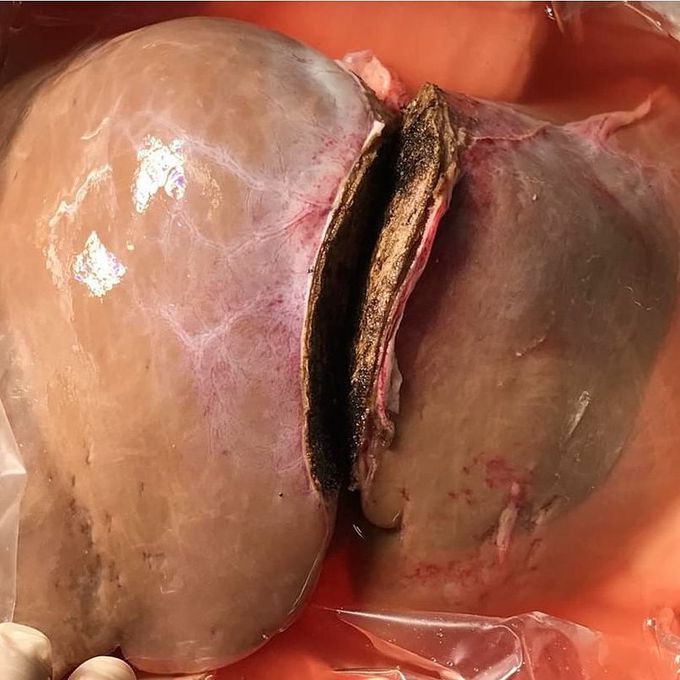


An amazing and life saving procedure - a split liver transplant on a pediatric patient!
The need for liver transplants currently far eclipses the supply of available donor organs. Despite considerable efforts to increase the supply of available organs from deceased donors, the total number of liver transplants has remained fairly constant over the last 10 years. As a result, many patients continue to die while awaiting a life-saving transplant.The shortage of available organs was previously most acute for pediatric patients. Because of the small number of pediatric donors, the mortality rate among patients on the wait list was commonly high when only whole-organ transplantation was performed.Reduced-liver transplant, in which infants and children receive a portion of the adult liver, was introduced in 1984. Over the following 30 years, the risk of death among patients on the pediatric wait list substantially declined because of the ability to use these reduced-size grafts.As most commonly performed, split-liver transplantation (SLT) involves the division of donor liver from a deceased adult between a pediatric recipient and an adult recipient to maximize the benefit of each available donor organ. The goal of split-liver transplantation (SLT) is to produce two grafts with preserved vascular supply (ie, portal vein, hepatic artery), venous drainage, and bile duct. Anatomic variations are not considered to be a contraindication to liver splitting as long as both right- and left-sided allografts have a complete set of vessels and biliary drainage. In most cases, the vena cava and the common bile duct are maintained with the right-sided allograft, and the left hepatic vein and left bile duct are divided for the left allograft.This procedure was done by dr. V. Brasoveanu from Bucharest.Photo by: @doctor.mihail

